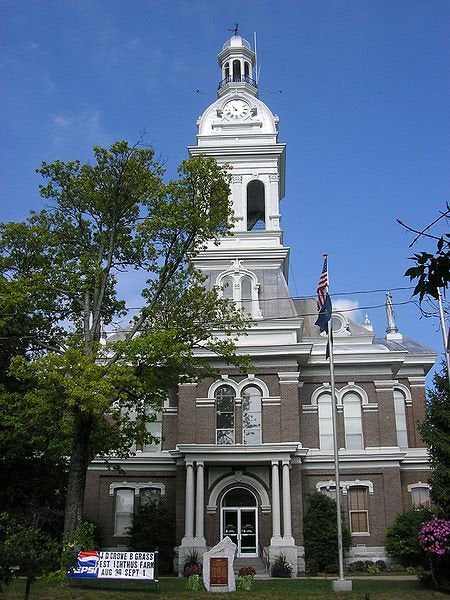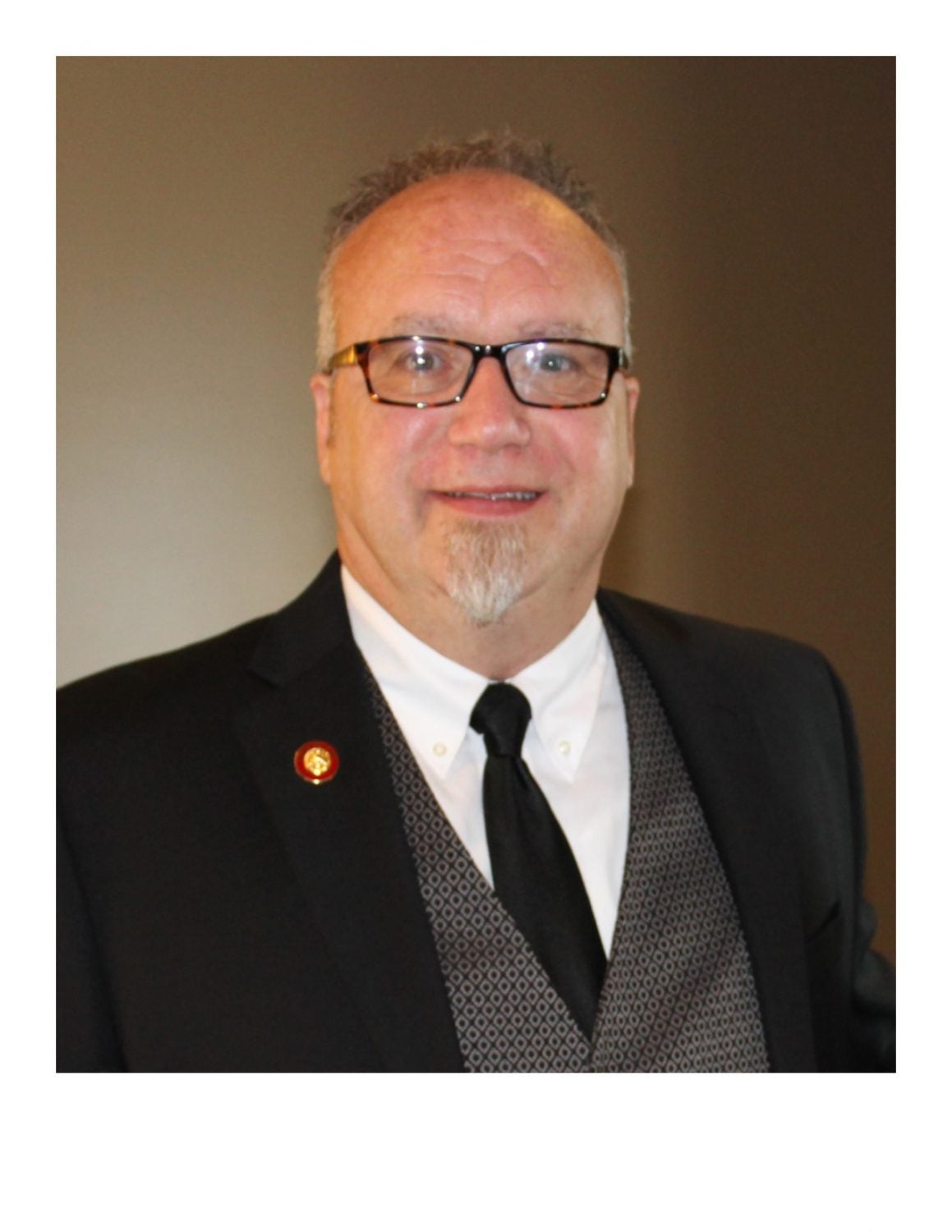‘Innovative partnership’ starts between Jessamine County and Asbury University
Published 3:55 pm Monday, January 9, 2023

- Jessamine County Courthouse.(Courtesy of Jessamine County, Kentucky Facebook page)
|
Getting your Trinity Audio player ready...
|
This week, two undergraduate social work students from Asbury University will start internships in the Jessamine County government.
One student will be interning with the Jessamine County Health Department (JCHD), and the other will work with the sheriff’s department and Emergency Medical Services (EMS).
This partnership comes from phase two of the University of Kentucky’s HEALing communities study, which takes place in Jessamine County. This study’s goal, which the Journal reported on in an article on Glinda Smith, means to combat the opioid epidemic holistically and discover what’s needed most in each community selected for the study.
The HEALing study isn’t funding or managing the partnership between Asbury and Jessamine County. Still, the students can provide necessary research and help define the needs of Jessamine County residents.
Every supervisor and department head in the partnership has expectations for the internships: Working to improve the mental health of first responders and providing more holistic assistance to those who frequently call emergency services for issues like domestic violence, mental health, and access to food and housing. Still, because this is such a new and unique partnership, much of the student’s specific roles and duties will form as the internship develops.
Sarah Bellew is the department of social work’s director of field education at Asbury. She will act as the academic field supervisor for the students.
According to Bellew, this is the first time social work students have had the opportunity for a local partnership. Typically, she said, the students must travel to Lexington for their required internship. They’ll be working a total of 280 hours this upcoming semester for 20 hours a week starting Monday, January 9.
Bellew said she’s excited about how her students and the community can benefit from this program.
She said that hopefully, having a social worker in law enforcement and EMS for the first time can “bring the broader perspective of what can be done to do some preventative care, to do some follow-up care that may also decrease criminal activity and decrease the need for emergency services.”
As the agency field instructor for the students, Dr. Blake Jones will ensure that “the social work perspective is integrated into this community service work,” according to Bellew.
With 24 years of experience as a therapist, he’s the direct supervisor for the students. As a side note, Jones will primarily supervise the student interning with the sheriff’s department and EMS because there still needs to be a social worker.
Jones is currently working at the Compass Center, a counseling center in Wilmore. He’s a professor at UK in the department of social work and is an adjunct professor at Asbury.
This internship is in his area of expertise. For the past 15 years, he’s focused his work on first responders.
“Some of my research and publishing has been around prevention of suicide in first responders,” Jones said.
Jones has also been on about 25 ride-alongs with police officers. He said he does ride-alongs to be a better therapist to first responders. Many of the calls police respond to, Jones has noticed, are social service issues- they have nothing to do with law enforcement. Because of this, he believes social work can be a “real ally” to first responders.
Social workers do not usually partner with public safety departments. But, because of a movement that started in Illinois, it’s slowly spreading across the country. Upon attending a National Association of Public Safety conference, he heard from public safety workers that they couldn’t hire enough social workers and that they “probably work them too hard.”
Jones also said that mental health professionals and social workers typically act as interventionists in mental health calls. Without them, there’s a gap in available services when it comes to mental health.
“I went on a ride-along once, and we responded to a suicide where the guy was dead. He had killed himself in his kitchen. His wife and family were standing out in the yard. He had little kids,” Jones said. “The officer did a good job and did what he needed to do, but we just kind of drove off.” Jones said friends and family showed up to comfort the family, but he wondered, “What happens to the family now?” He said having a social worker, or a mental health professional available to refer the family to services would have been beneficial.
Jones said he appreciates Chief Jamie Goodpaster of emergency services and Sheriff Kevin Grimes for making this happen.
Unlike the sheriff’s department and EMS, It’s typical for social workers to be found in health care, whether in a health department, a nursing home, or an oncologist’s office.
One of the health department’s social workers is Sidney Bisschop. She’s the harm reduction director, overseeing three different entities within the health department; The Jessamine transitions program- a court-based program that helps formerly incarcerated people integrate into society. In addition, she oversees the syringe exchange program and the Kentucky Income Reinvestment Program position, which performs HIV and Hepatitis C outreach.
Bisschop hopes that through this partnership, the health department will be able to launch a community paramedic program.
As social workers, Bisschop, Jones, and Bellew believe social workers could be beneficial in all social service fields. Concurrently, Bisschop thinks partnering with law enforcement and EMS can help social workers.
“I think social workers also need to be trained on how police respond and how EMS respond to folks who do have mental health issues. So it helps on both ends for us to be able to collaborate and best help the individuals,” Bisschop said.




